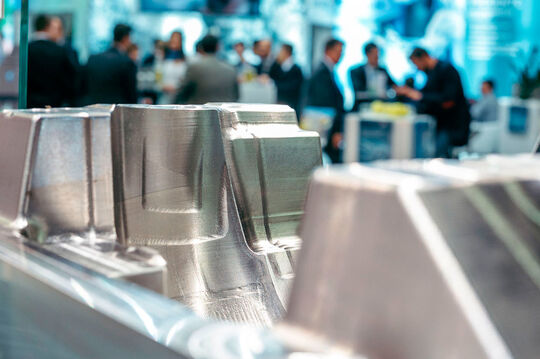Die casting is a highly efficient manufacturing process that plays a crucial role in precision engineering. With its ability to produce complex shapes with high precision and consistency, die casting has become a preferred method for producing a wide range of components in various industries. In this article, we will explore the process of die casting, its advantages, and its applications.
Die casting is a metal casting process that involves forcing molten metal into a mold cavity, known as a die, under high pressure. The die is typically made of two halves, which are securely clamped together and designed to create the desired shape of the final product. The molten metal is injected into the die cavity through a sprue, filling the entire cavity and taking the shape of the mold. Once the metal solidifies, the die is opened, and the casting is ejected.
One of the key advantages of die casting is its ability to produce complex shapes with high precision. The molds used in die casting are made with extreme precision, allowing for the production of intricate details and tight tolerances. This makes die casting particularly suitable for manufacturing components that require a high level of accuracy, such as automotive parts, electronic enclosures, and aerospace components.
Another advantage of die casting is its efficiency. The high pressure used in the process allows for rapid filling of the mold cavity, ensuring fast production cycles. Additionally, the molds used in die casting are typically made of durable materials, such as steel, which enables them to withstand the high temperatures and pressures involved in the process. This makes die casting a cost-effective method for high-volume production, as it allows for the manufacturing of a large number of components in a short period of time.
Die casting also offers a wide variety of material options. Aluminum and zinc are the most commonly used metals in die casting, as they offer excellent fluidity, high strength, and good corrosion resistance. However, other materials, such as copper, magnesium, and various alloys, can also be used in the die casting process. This versatility allows for the production of components with different properties and characteristics, further expanding the range of applications for die casting.

The applications of die casting are extensive and diverse. In the automotive industry, die casting is used to manufacture engine parts, transmission components, and structural parts. The electronics industry relies on die casting for producing housings, heat sinks, and connectors. In the aerospace industry, die casting is used for manufacturing lightweight components with complex shapes. Die casting is also widely used in the production of consumer goods, such as kitchen appliances, power tools, and toys.
In conclusion, die casting is a crucial manufacturing process for precision engineering. Its ability to produce complex shapes with high precision, its efficiency, and its material versatility make it an indispensable method for the production of a wide range of components. As technology advances and the demand for precision engineering grows, die casting will continue to play a vital role in various industries.
-

- Magnesium alloy rigid fork for bicycle -customized die casting metal parts
-

- Magnesium alloy Thixomolding parts for oxygen suction machine housing
-

- 2022 Χονδρική Hot Sale Ανταλλακτικά ποδηλάτων από κράμα μαγνησίου Παιδικό ποδήλατο χωρίς ισορροπία πεντάλ Παιδικά Πολλαπλά χρώματα Διαθέσιμα
-

- Κάλυμμα περιβλήματος φορητού υπολογιστή με εξαρτήματα thixomolding μαγνησίου Β
-

- Ανταλλακτικά UAV με χύτευση με χύτευση thixomoolding από κράμα μαγνησίου
-

- Εξαρτήματα χύτευσης OEM για πλαίσιο καθισμάτων αυτοκινήτου

 0086-750-5616188
0086-750-5616188 +86 13392089688
+86 13392089688 sales@zhongmei-tech.com
sales@zhongmei-tech.com







